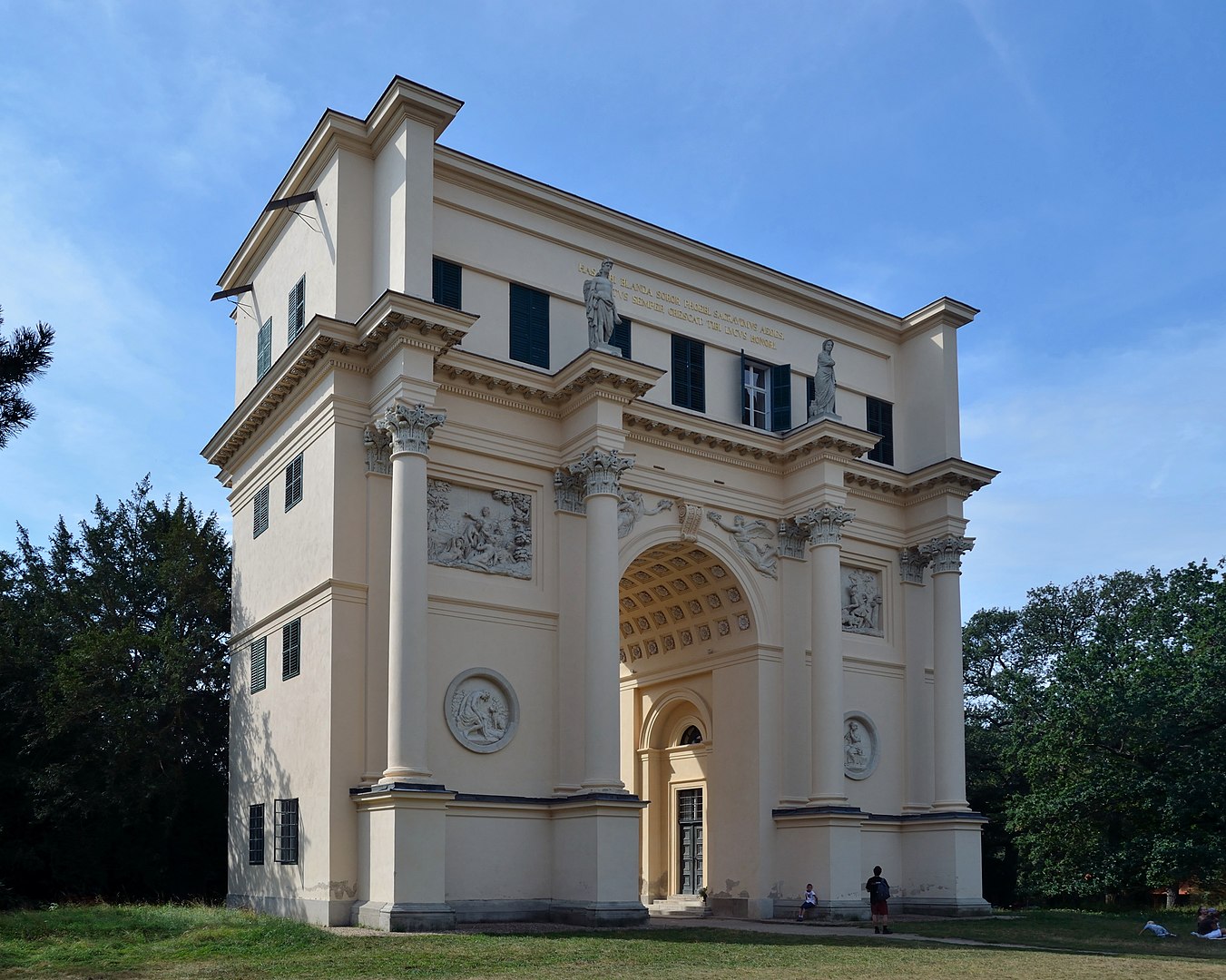Two of the Czech Republic’s top tourist spots are at the center of an ownership dispute. The small country of Liechtenstein is seeking the return of a forest confiscated in 1945, and if it is successful in that test case, it will likely seek two chateaux and other more valuable land.
The complaint filed with the European Court of Human Rights (ECHR) concerns a 600 hectare forest near Říčany in Central Bohemia. If the country wins it would set a precedent for reclaiming other properties including the Lednice and Valtice chateaux in the South Moravia region, which have been on the UNESCO World Heritage list since 1996 and are major tourist attractions. The House of Liechtenstein owned the land and related properties in South Moravia since the mid 1200s.
The properties were confiscated under the Beneš Decrees, a controversial policy at the end of World War II that stripped German families of their property in Czechoslovakia. The decree labeled the royal House of Liechtenstein and 38 other families in that country as German, and thus eligible for property confiscation. Liechtenstein sits between Germany and Austria, and the main language is German.
Under the decrees, property could be taken from Germans and Hungarians who were believed to have cooperated with Germany in World War II, while those who suffered under the Nazis or actively worked to oppose them were exempt.
Liechtenstein’s Prince Franz Joseph II was considered a Nazi-collaborator by post-war Czechoslovak authorities. The country of Liechtenstein, however, remained neutral during the war. The House of Liechtenstein disputes that there was any collaboration.
Liechtenstein has taken its concern to the ECHR in Strasbourg, claiming that the Czech Republic has shown disregard for its sovereignty over its property, specifically the forest.
The Prince of Liechtenstein Foundation, which administers Liechtenstein’s royal property, went to the Czech courts in 2015 seeking the return of the forest, and appealed all the way to the Czech Constitutional Court, where the foundation lost in February 2020. The only option now is to seek relief in international courts.

Liechtenstein Foreign Minister Katrin Eggenberger (Progressive Citizens’ Party) told the UK-based Financial Times (FT) that the country considers the application of the Beneš Decrees to be unlawful. “The smaller the country the more important it is to stand up for your rights,” she said, adding that expropriation without compensation is unacceptable.
She expressed similar sentiments to the Czech press. “An interstate complaint is an effective tool for protecting Liechtenstein from another state. We have no hostile intentions … but we do not see any other option now if we want to protect our sovereignty,” she said.
Czech Deputy Foreign Minister Martin Smolek said that the ECHR lacks the standing to hear the case. The court should only handle issues that arise after the European Convention on Human Rights was drafted, which was in 1950, he said.
The Czech Republic and Liechtenstein only formally initiated diplomatic ties in 2009, due to bad blood over the Beneš Decrees and the confiscations.
The Czech Ministry of Foreign Affairs says the ECHR case won’t hurt the two countries’ relations. “Paradoxically, the final verdict of the court could cleanse our relations with Liechtenstein of this historical problem,” Foreign Ministry spokeswoman Zuzana Štíchová said.
While World War II ended 75 years ago, property disputes relating to it are not uncommon. In 2016, a court in Olomouc rejected a claim from a German religious order to regain Bouzov Castle, which had also been confiscated under the Beneš Decrees. Ownership over smaller properties such as paintings are also still being resolved.
Lednice was the most-visited castle overseen by the National Heritage Institute (NPÚ) so far in 2020, while Valtice was in sixth place. Bouzov is also a major tourist attraction, coming in at number seven.












 Reading time: 3 minutes
Reading time: 3 minutes 























